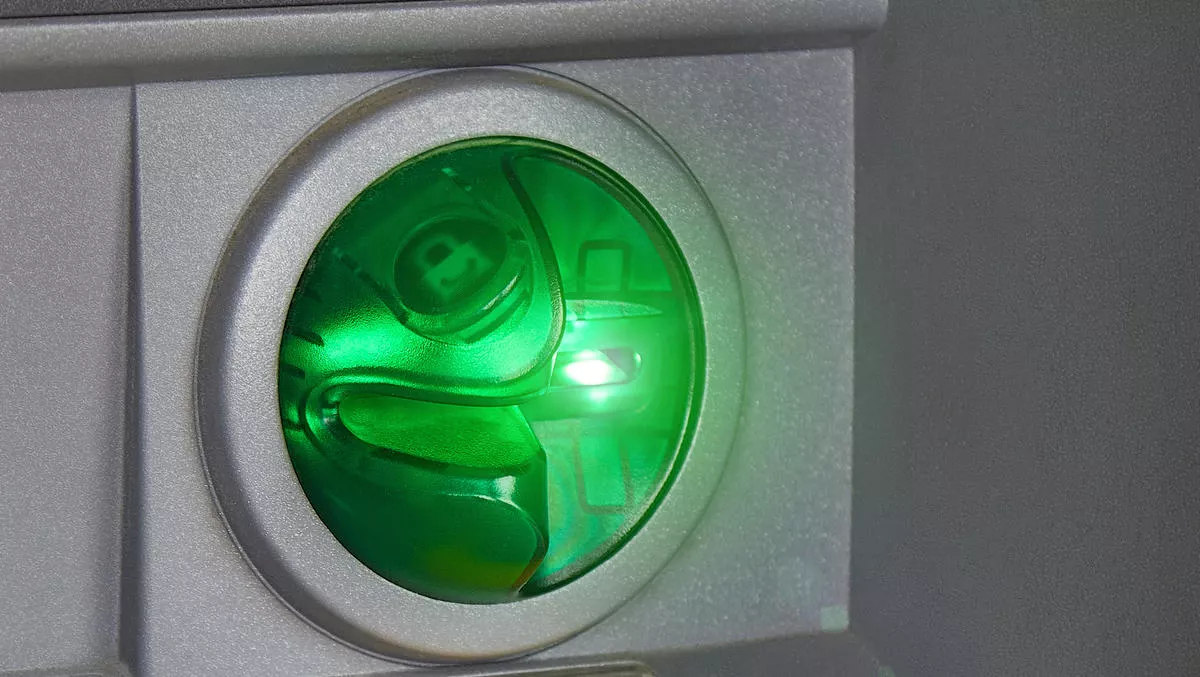
The abuse of technology is back in the news as a Polish man was sentenced to three months imprisonment for attempted bank fraud at Manukau District Court.
Only months after the New Zealand Bankers' Association issued a seven point list to combat online banking fraud, Jaroslaw Pilat was arrested after Customs at Auckland International Airport found him smuggling bank card skimming equipment into New Zealand.
Manager Investigations, Shane Panettiere, said the defendant claimed one of the devices was part of a pay television decoder, allowing him free access to television in Poland. “The technology needed for card skimming is sophisticated and often hidden in the wiring of equipment such as laptops,” Panettiere says. “However, we know what to look for and this offending is not beyond our detection."
While this was an offline scam, the need to protect against fraudsters both on and off the internet remains important.
In sentencing Judge Moses said people needed to understand that if they try to defraud New Zealand citizens they will receive a firm stance. The judge added that no sentence short of imprisonment would be able to meet the purposes and principles of the Sentencing Act.
Mr Pilat is eligible for release due to the time spent in custody, but is in the process of being deported.
According to New Zealand Bankers' Association, the seven tips for the public to avoid online scams are:
• Do not give your PIN or internet banking username or password to anyone.
• Keep your anti-virus and firewall software up to date.
• Logon to internet banking by typing in your bank's full web address. Do not use links that appear to take you to your bank's website.
• Check you have a secure connection, which is shown by a padlock symbol somewhere on the page, and that the website address starts with 'https://'. The 's' stands for 'secure'.
• Do not use public computers for internet banking, e.g. internet cafes, libraries or hotels.
• Protect your identity information and only provide it to trusted people and organisations. This includes your date of birth, address, driver's licence number and passport details.
• If you suspect you've been taken in by a scam, contact your bank immediately.